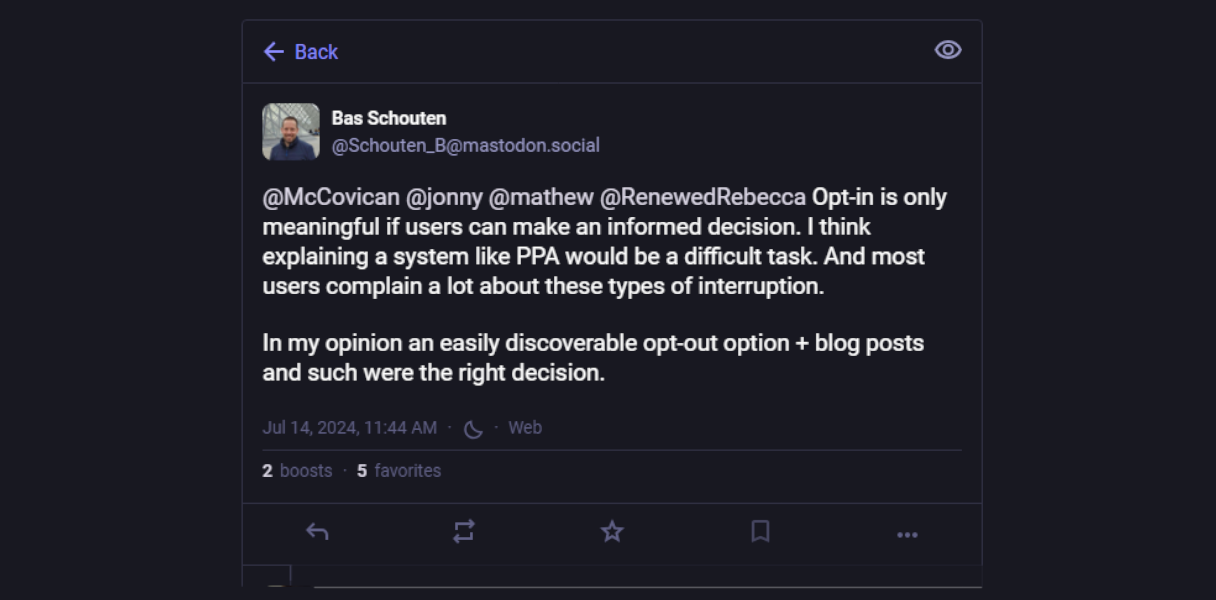As online advertising becomes the lifeblood of some companies, some browser companies are looking into ways to track user data to serve better ads. Sometimes these technologies are described in detail and allow people to opt out of them, and sometimes they’re not. Unfortunately, it seems that Mozilla has fallen foul of the latter, as it’s now the target of a complaint after privacy advocates found issues with one of its new features.
Mozilla Is Facing a Complaint Over User Tracking
As spotted by The Hacker News, the complaint was raised by None Of Your Business (NOYB), a donation-funded group that advocates for user privacy. NOYB found a new feature in Firefox version 128 called “Privacy Preserving Attribution,” which sounds good on paper. However, the truth is anything but:
Contrary to its reassuring name, this technology allows Firefox to track user behaviour on websites. In essence, the browser is now controlling the tracking, rather than individual websites. While this might be an improvement compared to even more invasive cookie tracking, the company never asked its users if they wanted to enable it. Instead, Mozilla decided to turn it on by default once people installed a recent software update.
NOYB compares this new feature to Google’s failed Privacy Sandbox tool. Instead of websites tracking the user via cookies, the websites ask Firefox itself for information on the user. NOYB claims that while this technology is better than “unlimited tracking,” it does mean that Firefox itself is now harvesting data about its users, and as such falls foul of the EU’s General Data Protection Regulation (GDPR) laws.
Worst of all, it doesn’t seem that enabling PPA disables cookie-based tracking. If what NOYB believes is true, websites can track users by themselves while also grabbing Firefox’s data using PPA, meaning that it doesn’t really “preserve privacy” at all.
NOYB mentions that Firefox 128 automatically enables the Privacy Preserving Attribution feature without warning you. As to why it does this, NOYB points to a Mastodon post by the Tech Lead of Mozilla Performance Bas Schouten, who claims that “explaining a system like PPA would be a difficult task” and implies the browser never mentions the change as “users complain a lot about these types of interruption.”
What to Do If You’re Concerned About Firefox Tracking You
Seeing Mozilla stoop to these tactics is a shame, given how privacy-minded people preferred it over some of the competition. Fortunately, there are plenty of free anonymous web browsers you can migrate to if you disagree with Firefox’s practices. And if you’re unsure as to why this new feature is a problem, check out some common privacy myths to see why you should take care of your details while online.


